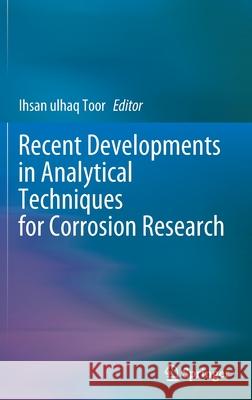Recent Developments in Analytical Techniques for Corrosion Research » książka
topmenu
Recent Developments in Analytical Techniques for Corrosion Research
ISBN-13: 9783030891008 / Angielski / Twarda / 2022 / 316 str.
Recent Developments in Analytical Techniques for Corrosion Research
ISBN-13: 9783030891008 / Angielski / Twarda / 2022 / 316 str.
cena 684,33
(netto: 651,74 VAT: 5%)
Najniższa cena z 30 dni: 655,41
(netto: 651,74 VAT: 5%)
Najniższa cena z 30 dni: 655,41
Termin realizacji zamówienia:
ok. 22 dni roboczych.
ok. 22 dni roboczych.
Darmowa dostawa!
Kategorie:
Kategorie BISAC:
Wydawca:
Springer
Język:
Angielski
ISBN-13:
9783030891008
Rok wydania:
2022
Ilość stron:
316
Waga:
0.61 kg
Wymiary:
23.39 x 15.6 x 1.91
Oprawa:
Twarda
Wolumenów:
01
Dodatkowe informacje:
Wydanie ilustrowane











